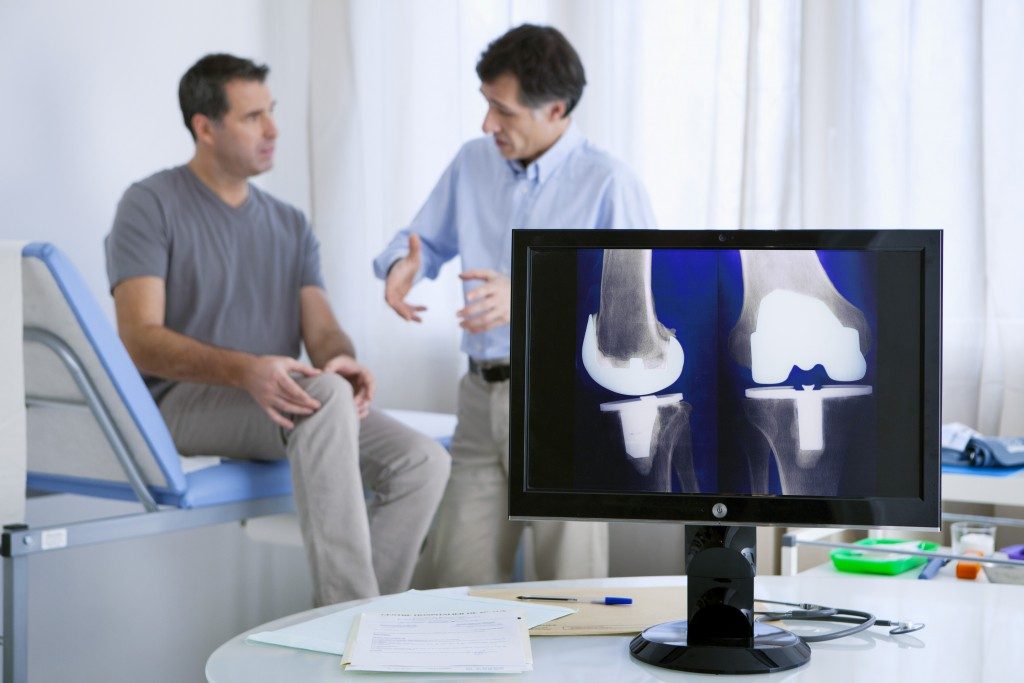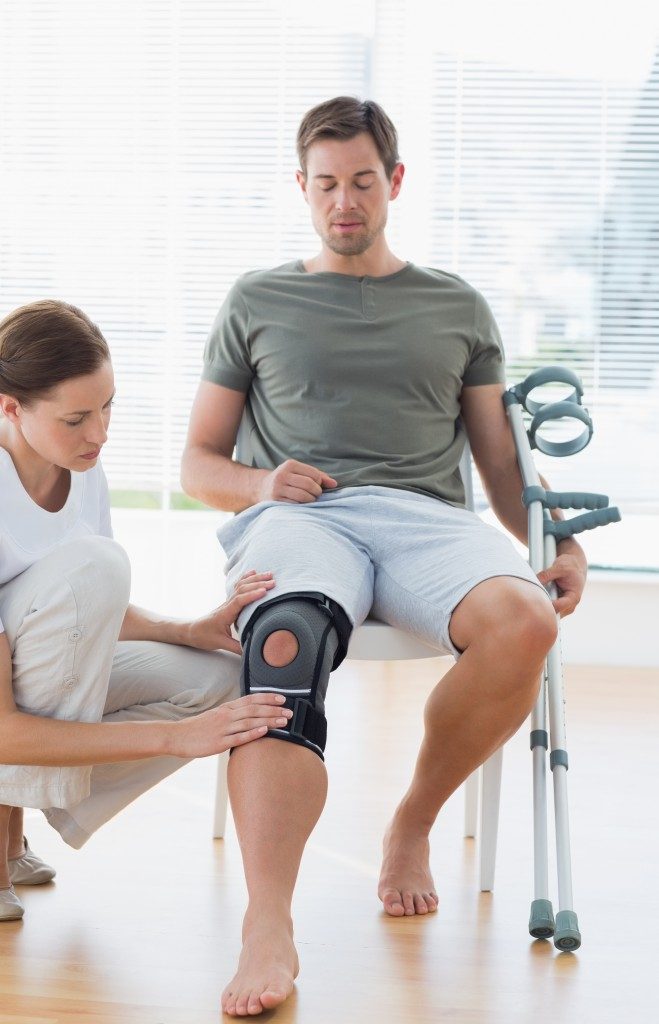Did you know that the incidence of total knee replacement (TKR) in the United States has been progressively increasing over the past decade? According to the Journal of Bone and Joint Surgery, more than one million Americans undergo knee arthroplasty annually. This is equivalent to a 400 percent increase in the cases of TKR worldwide. Due to the rising number of irreversible joint problems worldwide, it is crucial to find a physician near your home in Clive, Iowa who can perform the orthopedic joint replacement to reduce pain and restore mobility of the extremities. Currently, several degenerative and traumatic conditions necessitate knee replacement procedures.
Osteoarthritis
Osteoarthritis is the most common type of arthritis worldwide. Statistics show that almost 15 percent of individuals aged 60 and above are diagnosed with this condition. This condition is characterized by degeneration of the cartilage that cushions the bones that support the body. Changes in cartilage composition result in joint damage, which can lead to chronic pain and swelling that worsen with movement. A cascade of inflammatory reactions then occurs, which cause further cartilage damage if left untreated.
Among the elderly, chronic osteoarthritis is a common sign that total knee replacement is needed. Since this type of arthritis is often initially managed with anti-inflammatory drugs and physical therapy, joint arthroplasty serves as the treatment of choice if medical treatment fails to restore movement. Thus, if a patient experiences pain, stiffness, and range of motion limitation despite medical management of osteoarthritis, surgical joint replacement is necessary.
Post-traumatic Arthritis
The musculoskeletal system is responsible for mobility and coordination of the body framework. All bones and muscles are limited to a certain angle and range of motion to maintain stability in usual activities. If the joints are forced beyond standard capacity, you may experience post-traumatic arthritis, which is a condition wherein physical injury triggers inflammation and damage. This type of arthritis triggers 15 percent of osteoarthritis cases in the US. It often occurs during injuries from sporting events, vehicular accidents, and accidental falls.
Post-traumatic arthritis causes irreversible damage in the cartilages that are present in major joints of the body. Therefore, total knee replacement is often required to restore joint mechanics through anatomical correction of the buffering cartilage. It is pivotal to visit an orthopedic surgeon if you experience minimal recovery from physical injuries despite regular therapy, steroid injection, and medication intake.
Refractory pain
Refractory pain is the most common subjective outpatient complaint that necessitates surgical joint replacement. Since debilitating pain causes poor quality of life, surgery is the next line of management if analgesic medications no longer alleviate your symptoms. If pain scale is from moderate to severe, persists in a resting position, and impairs normal activities, consultation with an orthopedic physician is of vital importance.
The Bottom Line
Total knee replacement is a surgical procedure that is recommended in managing and treating the conditions mentioned above. Since the major joints of the body are vulnerable to wear and tear as a person ages, it is crucial to visit an orthopedic physician who can perform such surgical procedures to restore movement.

